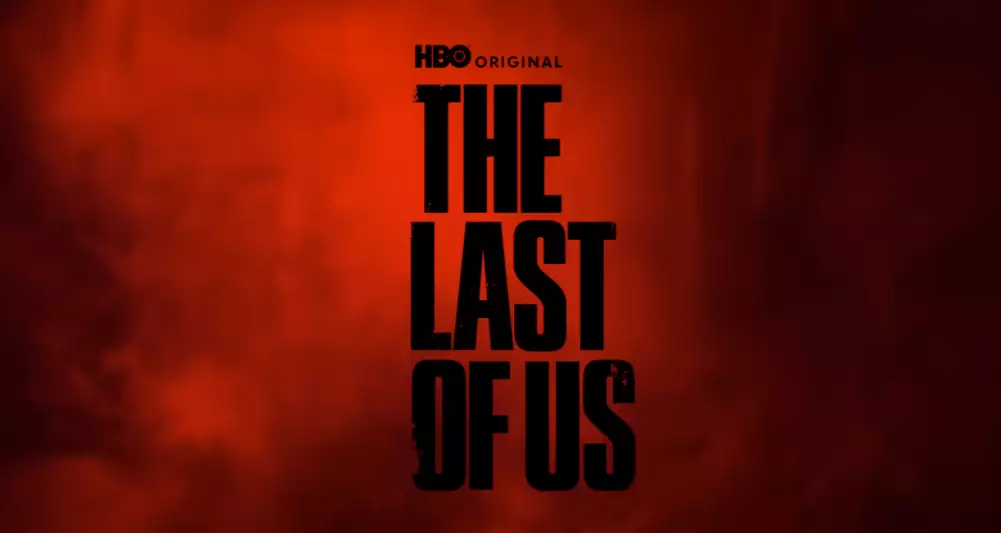The recent episode of HBO’s acclaimed series, The Last of Us, delivered an unexpected surprise that left fans buzzing. The appearance of Josh Peck, known for his comedic roots in Nickelodeon’s *Drake & Josh* and *The Amanda Show*, marked a striking contrast against the show’s gritty and intense backdrop. Peck takes on the role of Janowitz, a FEDRA soldier, in a chilling flashback sequence set in 2018, capturing the essence of a world crumbling under the weight of despair and authoritarian rule. This shift from light-hearted television to a dystopian nightmare is indicative of Peck’s evolving career and his willingness to embrace dark, complex characters.
Exploring Disturbing Dialogues
Janowitz’s dialogue is far from the whimsical banter fans might expect from a former child star. Instead, he engages in a disturbing monologue that reflects the moral decay and brutality within a society governed by the Federal Disaster Response Agency (FEDRA). His comment about detaining “voters,” a derogatory term for survivors stripped of their rights, adds a layer of complexity to the narrative. This reflects deeper societal issues, questioning the cost of survival in a world where humanity often takes a backseat to power and control.
As Janowitz mocks the detainees, viewers are thrust into a harrowing reality. The dark humor among the soldiers, highlighted by the crude jokes, exhibits an unsettling camaraderie born out of shared experiences in a violent environment. This aspect of the scene not only showcases Peck’s ability to adopt a sinister persona but also serves as a critique on how humor can be weaponized in the face of tragedy, revealing the desensitization of individuals engulfed in conflict.
Character Depth and the Art of Betrayal
The introduction of Isaac, played by Jeffrey Wright, complicates the narrative thread woven through Janowitz’s interactions. Isaac’s eventual betrayal of FEDRA underlines themes of loyalty and rebellion, elucidating the moral complexities faced by individuals in dire circumstances. When he locks Janowitz and his comrades in the van, choosing to sacrifice them for a greater cause, it exemplifies the harsh realities of survival and resistance. The choice to humanize antagonistic characters like Janowitz creates a multi-dimensional world that defies simple categorizations of good and evil.
Peck’s portrayal of Janowitz, particularly the line “Nobody asked you, ji**boy!” sheds light on the lengths individuals may go to assert power in oppressive systems. The dialogue serves a dual purpose: it elicits laughter from the other soldiers while simultaneously starkly illustrating their moral degradation. The sharp contrast between humor and horror not only captures the audience’s attention but also propels the narrative forward, emphasizing a world where such twisted behavior is not only tolerated but normalized.
The Personal Impact of Dark Themes
Peck himself has expressed a deep reluctance to engage with such intense material, describing himself as a “wimp” who found it hard to watch the first season of *The Last of Us*. His honest admission reflects a vulnerability that contrasts sharply with the brutal world of the show. However, his reflections also highlight an actor’s journey through challenging roles, experiencing growth and evolution through diverse narratives. Peck’s comments about the scripted dialogue—“there are no holes in the script” and “everyone is at the top of their game”—speak to the collaborative effort needed to create impactful television. It’s a fascinating insight into how even established stars can find themselves confronting their limitations while expanding their craft in unforeseen ways.
A Promising Future for The Last of Us
While fans eagerly anticipate the unfolding drama in the remaining episodes of Season 2, the announcement of a third season ensures a continued exploration of character complexities and rich storytelling. HBO’s commitment to the series is an acknowledgment of its cultural resonance and ability to provoke thoughtful discussions about morality, human relationships, and societal structures in times of crisis. As The Last of Us progresses, audiences will undoubtedly remain eager to see how characters like Janowitz will be further explored, navigating the fine line between humanity and savagery in a world where desperation reigns.


Leave a Reply